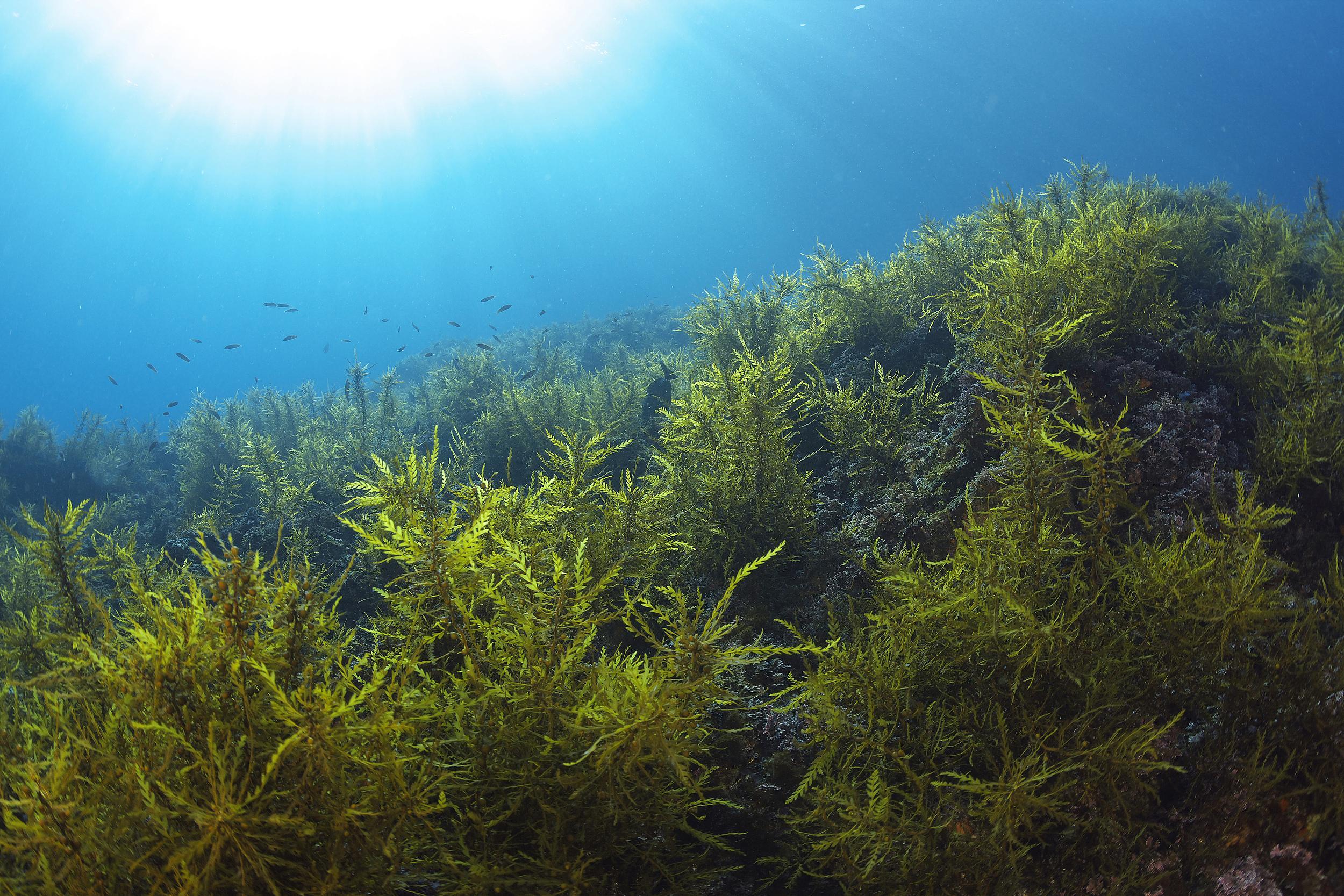CPEC Vitalizes Cooperative Development in Pakistan
A Chinese-funded primary school?in?Gwadar’s?Faqeer Colony?was?completed?in September 2016.?(PHOTO:?XINHUA)
By Staff Reporters
Ten years after the launch of the China-Pakistan Economic Corridor (CPEC), the Gwadar Port has been fully operational and 14 energy projects along the corridor have started commerical operation, with an installed capacity totalling 8.02 million kilowatts, said Cong Liang, Vice Chairman of the National Development and Reform Commission, in a press conference on October 10.
The CPEC revolves around four cooperation areas: Gwadar Port in southwestern Pakistan, energy, infrastructure and industrial development. Started in 2013, it has helped build the first solar power plant in Pakistan. Other projects include Pakistan’s first urban rail transit line project and the first high-voltage direct electricity transmission project.
A multi-purpose terminal with three 20,000-ton berths has been constructed at Gwadar Port. In June 2022, the Gwadar East Bay Expressway, a six-lane expressway connecting the port to the network of national highways, opened to traffic. Since the Gwadar Free Zone opened in January 2018, it has seen 35 enterprises move in, with an investment of more than 3 billion RMB.
According to the Pakistan Bureau of Statistics, the population of Gwadar district has increased from about 263,000 five years ago to around 445,000 today. Statistics also shows that 510 kilometers of highways were added over the past 10 years as part of the CPEC.
A Chinese-funded primary school in Gwadar’s Faqeer Colony was completed in September 2016 and four years later, was upgraded to a junior middle school. The China Foundation for Peace and Development donated about 400,000 USD to fund the school.
The Thar Coalfield in Pakisan’s southern Sindh province had lain inoperational for a long time despite having proven lignite reserves of 175 billion tons. But the CPEC resulted in the commissioning of the Thar Block-1 and Block-2 Coal Power Integration Projects, which generate electricity from domestically produced coal, utilizing local low-cost resources and saving foreign exchange earlier spent on importing large quantities of coal.
Once the proposed China-Pakistan railway connecting Gwadar with western China is completed, it will benefit Central Asian countries as well by providing them access to international markets. Jononov Sherali, a former Tajik ambassador to Pakistan, had said during his tenure in Pakistan that the railway would narrow down the distance among the regional countries for their socio-economic uplift. This project is for our common benefit, he had said.







